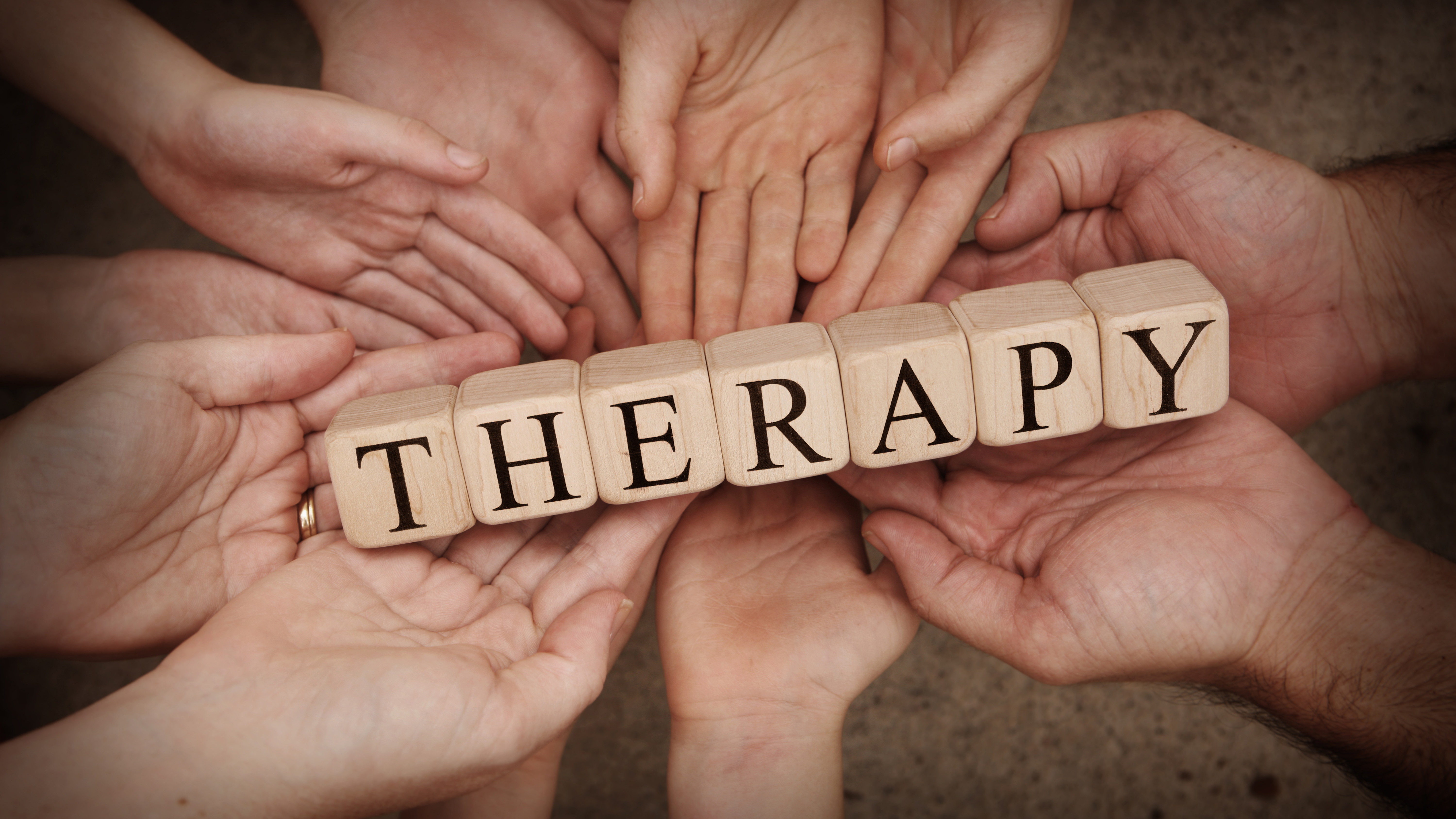8Cs to Unlock Your True Self

IFS, or Internal Family Systems therapy, is a type of psychotherapy that was developed by Dr. Richard C. Schwartz in the 1980s.
It is an integrative and holistic approach to therapy that focuses on understanding and working with the various parts or “subpersonalities” within an individual’s internal system.
IFS views the mind as a complex system of parts that interact with each other.
In IFS therapy, it is believed that individuals have different parts within themselves that may hold different perspectives, motivations, emotions, beliefs, memories, and behaviours. These parts may have formed in response to life experiences, and they may have different roles or functions, such as protecting the person from pain or trauma. These parts may also sometimes be in conflict with each other.
IFS therapy seeks to help individuals understand and communicate with these parts in a compassionate and non-judgmental way, with the ultimate goal of achieving self-healing, internal harmony, healing and integration.
The key concepts in IFS therapy include:
- Parts: IFS identifies different parts within an individual’s internal system, including protectors, managers, and exiles:
(1) Protectors are parts that may try to shield the individual from pain or trauma. (2) Managers are parts that try to maintain control and protect the individual from potential harm. (3) Exiles are parts that may carry unresolved emotional wounds or traumas. - Self: The Self is seen as the core essence of the individual, which is inherently calm, compassionate, and wise. The goal of IFS therapy is to help individuals access and strengthen their Self, so that it can take on a leadership role in managing their internal system.
8 qualities to unlock your true self
Self-energy exists in everyone.
You carry yourself and your parts everywhere you go, and the self is able to see he whole picture in a way that parts cannot. In internal family systems, there are 8 Cs of self-leadership that help you unlock the qualities of self-energy
- Curiousity – When you are truly curious, you have an absence of an agenda to change another person’s behaviour. Instead, you genuinely want to understand it. You have an openness to the world and you’re curious about other people and why they do what they do instead of being upset with them
- Compassion – requires us to look beyond the reactive, angry parts of one another and to recognise what’s underneath. Compassion is also exhibiting care for the suffering of others and having a genuine desire to help.
- Confidence – This involves relating to parts and people in ways that are effective and healing. It is also trusting that despite making mistakes you are inherently worthy and good. Inside your system, the self trusts in its own capabilities and competence even when other parts may have their doubts
- Calmness – When you’re locked into this C, you can feel a sense of internal peace . Calmness is about being grounded and centred in the face of stressful parts or situations
- Creativity – is about encouraging your protective parts to chill and let go of burdens about unworthiness or fears. It is realising you are naturally funny, charismatic or quick on your feet.
- Courage – When you embrace this quality of self-leadership, you’re approaching scary situations or parts that hold onto fear and you’re responding to them more intentionally.
- Clarity – We want to maintain an unobstructed view, a clear view of parts and situations. In doing so, we aren’t projecting any of our fears of baggage onto this reality. We are seeing everything as it truly is.
- Connectedness – This is about recognising that we are all connected and that separateness is an illusion. In embracing connectedness, we connect to all parts and to other people. We also have a desire to reconnect in healthy ways if disconnection has occurred
Consideration of each one will make you feel more connected to humanity. “When people sense how connected they are to humanity, they feel more curious about others and have more courage to help them” [1]
This 8Cs Worksheet visits each of the eight Cs and encourages you to notice the quality in yourself.
IFS therapy is often used to address a wide range of mental health concerns, including trauma, anxiety, depression, addiction, and relationship issues.
It is typically conducted in individual or group sessions, and may be used in combination with other therapeutic approaches. IFS has gained popularity in recent years for its unique and compassionate approach to working with internal parts, and has been found to be effective in helping individuals achieve self-awareness, healing, and integration.
*All content here is for informational purposes and does not replace individual professional consultations for mental health questions and issues.
References
[1] Schwartz, R. C. (2021). No bad parts: Healing trauma and restoring wholeness with the internal family systems model. Boulder, CO: Sounds True.
Written By:
Jeannette Qhek
M.S. Counselling | Wellbeing Lead | Content Creator/Writer
Voice of Chill By Nette
